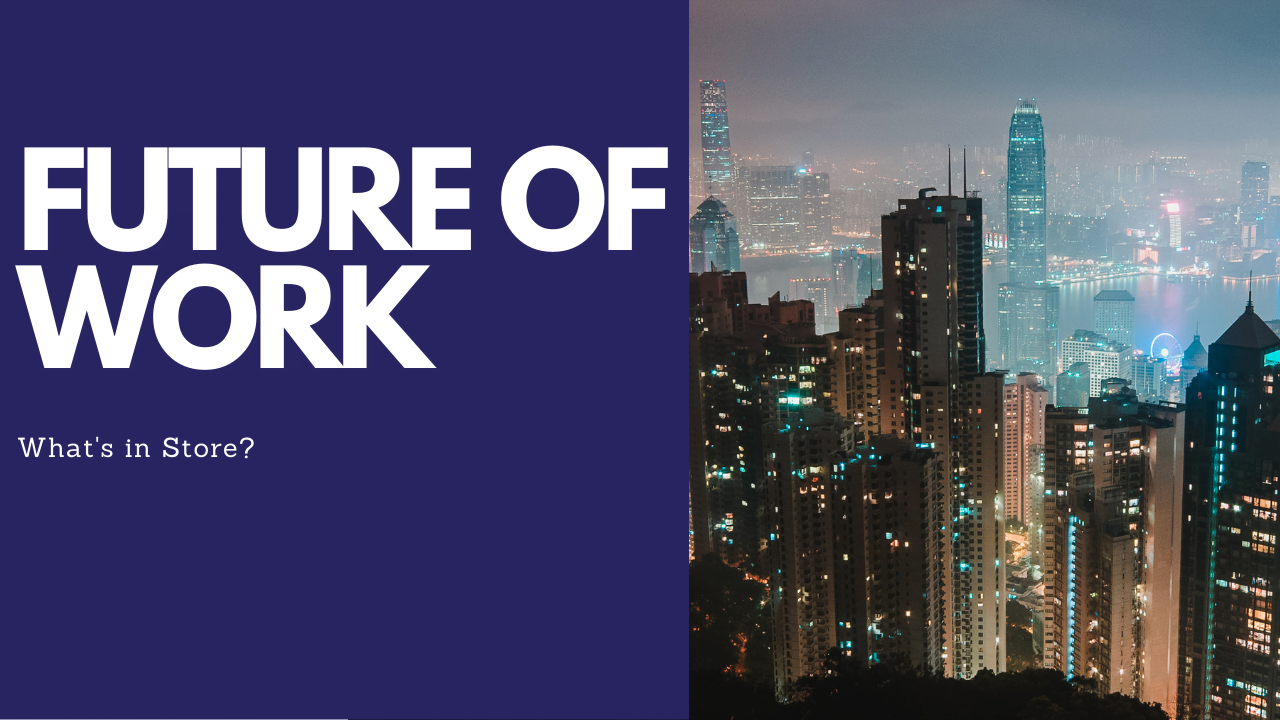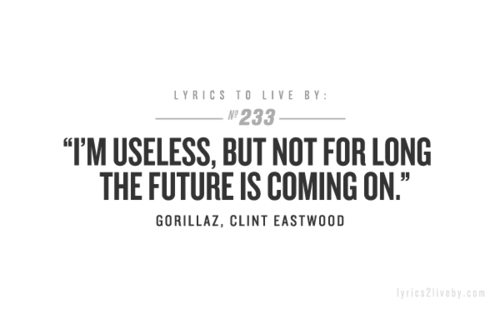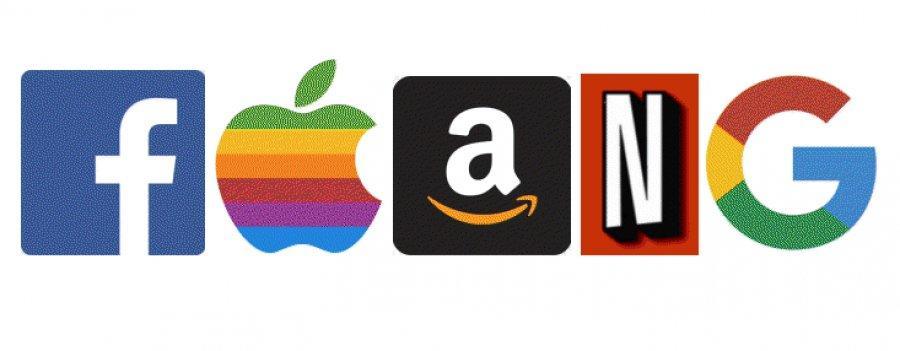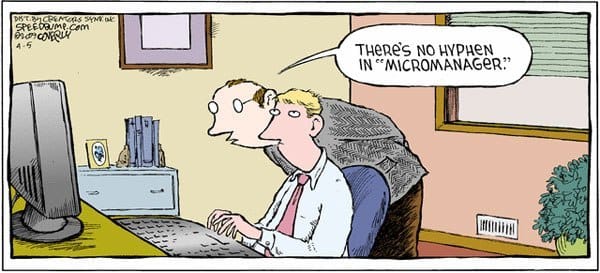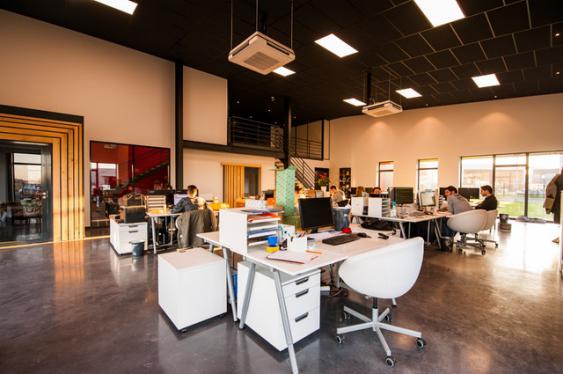The Future Of Work – What Happens When Things Return To “Normal”?
So At The Time Of Writing, The Future Of Work Is Up In The Air.
The coronavirus has thrown a major wrench into society as a whole, and we’ve seen what people thought as the future of work change up.
In many ways, what people have predicted would happen over a period of time has been sped up due to the unforeseen circumstances of the Coronavirus.
I have various thoughts and feelings of how workplace culture will change as a result of the Coronavirus, the impact it has on our society, and the economy.
The Increase In Remote Work.
I want to break down a few kind of trends that I see happening on the front of remote work in the rise of the Coronovirus.
Here is a Twitter thread I’ve written on the rise of remote work with the Coronavirus.
Again, some more thoughts on the rise of remote work with #COVIDー19 . A thread…
— Paul Lopushinsky (@paulplayficient) March 14, 2020
I have a full-fledged post on creating a remote friendly work culture which you can find here.
Look To What The Big Tech Organizations Do In Regards To Remote Work.
As of writing, the large tech FAANG organizations (Facebook, Apple, Amazon, Netflix, Google), are all working from home.
Because these organizations are so widely copied (much to the detriment of other organizations, aka The FAANG Effect which I’ve written about), look to what these organizations will do when things calms down and return to “normal”.
If these large tech organizations open up the doors for more remote work flexibility, look to organizations in general to copy this. I see this as being the case.
Now, there are a lot of things from these FAANG organizations that I don’t like to see other organizations copying (again, the FAANG Effect in action), such as the following:
- • Overwork (see my thoughts here) and hustle culture.
- • The Kindergarten Office (see my thoughts on how to create a more playful workplace). That said, if more people will work remote, this won’t be as much of a focus.
- •The 33.5 step interview process (yes, I see organizations with less than 100 people doing this).
That said, organizations being more flexible to remote work due to them looking at the large tech organizations is a win in my mind.
Employees Are Discovering How Much They Do (Or Don’t) Enjoy Working From Home.
Over the past few weeks, I’ve had some talks with friends and organizations on the subject of working from home.
Many who have not had the chance for remote work in past are enjoying it, but could not see themselves being 100% remote. They’d eventually go up the wall.
Granted, these are unusual circumstances we’re living in, but I think this will apply when things return more to “normal”.
Many have talked about how they love the option going forward when things return to normal of working 1-2 days remote a week, or every couple of weeks. They want to have the flexibility.
A number of people have told me they’ve been struggling to maintain work-life balance and turning off “work” mode while at home. Leaving the office makes it that much easier.
If you’re looking for tips on working from home, see my post here – Six Work From Home Tips To Stay Sane And Maintain Work-Life Balance.
How many days have you worked like this?
In my post I wrote about building a remote work culture, I looked at a few of the cons of working remote. Let’s take a look at some stats pulled from the article below:
How a Decade Changed the Workplace –
- • 79% of employees still feel that they accomplish their best work in the office.
- • About 10% feel their best work is done at home.
Zapier recently published interesting findings on how things have changed since more people are now remote – Half of America just started working from home. So, how’s it going?.
Here are some interesting findings:
- • 65 percent feel their productivity has increased now that they work from home.
- • Just over 1 in 4 (27 percent) say they’re working more hours.
- • 77 percent say they’re finding new times to be productive outside of the normal 9–5 hours.
- • And yet, even with all of those seeming advantages, 66 percent prefer working in the office or workplace over working from home.
That last point especially is very interesting.
I don’t think we’re going to see 100% remote become the norm (despite what some silly IYI Futurists like to say), but we are going to see people discover how much they enjoy 100%, how much they would enjoy having 1-2 days a week from home, or how many simply want to stay in the office.
The Pushback From Middle/Micro Managers.
Continuing on the examination of the IYI (Intellectual Yet Idiot, thanks Nassim), we’re going to see some very interesting pushback from the IYI middle/micro managers.
The IYI micromanager thrives on keeping a tab on people at all times, and the best way to have this is having people in the office.
Heaven forbid if they’re working at home – they might be slacking off! Taking long lunch breaks! Heaven forbid! It’s not like people don’t slack off in the office.
So I think we’re going to see a lot of pushback and doubling down from micromanagers, even if it should be 100% clear how well people can work remotely. They need to appear busy, and justify their roles.
That said, with how the shape of the economy has been changing, it’s entirely possible a lot of roles like the above get phased out as people truly realize how unnecessary a lot of them are.
To be clear, I’m not saying it’s going to be an utter clearnace of management. Management, after all, is a necessary evil in a lot of ways.
The Fundamentals Of Building A Solid Foundation For Your Employee Experience Won’t Change.
Yes, we are seeing changes in the economy, how people work, where they work, and so forth.
But what’s not going to change? The importance of…
- •Having a quality employee experience.
- •Building a strong employee onboarding experience.
- •Giving people autonomy in how they want to tackle problems.
- •Showing that their work matters.
I’ve went into the above in great detail, which you can check out below:
Greater Focus On Well-Being.
One thing I see discussed frequently at the time of writing is the impact that not being in the office is going to have to people and their loneliness.
These are very good points. I’ve talked about it in my post on remote working culture that it’s a drawback that will arise.
However, it’s not like their isn’t loneliness in the workplace (which I’ve written about as well).
I do think that when things return more to a normal state, we’re going to see a number of offices re-examine how they lay things out. I’m not saying things will go back to cubicle land, but I do think people are going to reconsider the open-space office, and not just because of the fear of close proximity and germ spreading.
I’m talking about people realizing more how distracting they can be, and how collaboration has gone down overtime. We’ve ended up with plenty of offices of people stacked next to each other, with headphones in all on Slack.
The open office space…a case of monkey see, monkey do.
The Rise Of Automation.
We’ve seen a large string of this with talks about automation and how it’s going to put a lot of people out of jobs.
With seeing how organizations have been grinding to a halt or a crawl due to these conditions, do expect to see organizations further investing on this front.
And yes, with showing how much the Coronavirus has an impact due to the reduction of the human workforce (even if organizations like Amazon are hiring 100k plus people), more time is going to be put into automation.
They can run on time, not impacted by biological viruses (but can be from a technology side), so that’s something else to consider as well.
Conclusion.
These are just a few of my thoughts on the future of work. The Coronavirus has forced us as a whole to play our hand, whether we’re holding pocket aces or a two-seven offsuit (poker terminology).
There’s a lot of aspects that will become more “normal” when we return more to a “normal”. There’s also plenty that we’ll forget along the way. It’s human nature.
So take the best from what you’ve learned in these experiences, and move forward. It’s going to be interesting times moving forward.

